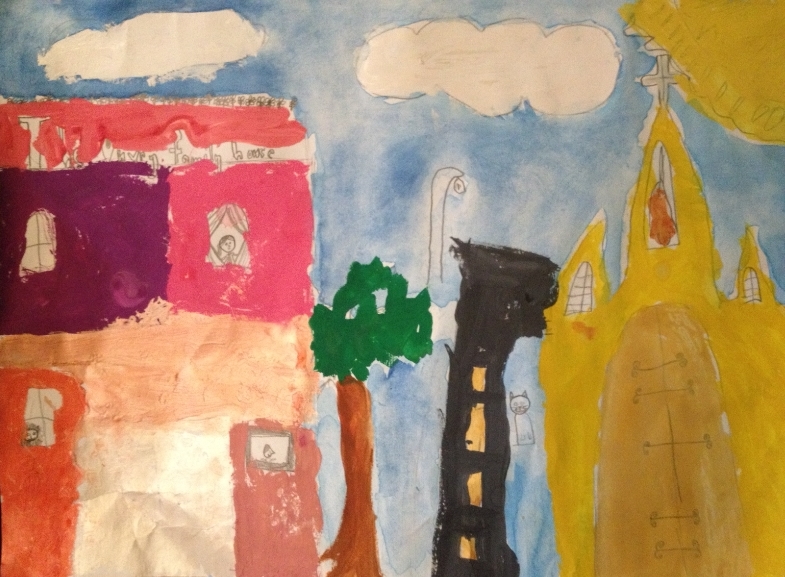Dear Integral Meditators,
How much does your mind and imagination have to do with your energy levels? The article below explores this question and invites you to participate mindfully in the creation of energy in your body by using your mind and imagination well. This is a theme that I will be exploring extensively and practically in my workshop on 2nd November Meditation and Mindfulness for Self-Healing and Creating High Levels of Energy which I invite you to take a look at!
The workshops and classes for November are out, see full details below.
Finally, iAwake Technologies are having a 30% sale on all products, you can see my own write up of how useful I have found them HERE.
Yours in the spirit of energy following mind,
Toby
 When Your Energy Level Follows Your Mind and Imagination
When Your Energy Level Follows Your Mind and Imagination
A couple of days ago in the morning I was in a state of despair, my mind and imagination was telling me there we so many projects that I had to do, so much uncertainty around the success or failure of each one, it was all unmanageable, I felt exhausted! In an act of supreme will I swatted aside the doubts and started focusing on the write up for an event that I was due to put on in a month’s time. At this point I am struggling to find any energy at all.
By the time I finish the write up it is past lunch time, I’m so excited about the event that I have just written up that I feel on top of the world, I feel like the man, life is great, the world is watching me on the way to success. I feel super energized, high on energy.
Later that evening I discuss with my squash partner after a game how the employees at his company (engineers and technicians) are not likely to be interested in mindfulness training. “The most important thing in a corporate training event for these people,” he says “is to get to the bar as quickly as possible”. I feel less euphoric than I did at lunchtime but steady within myself, “It’ll be patient work to change the world I think to myself.” My energy level is steady; not high, not low.
Three different times of day, three different states of mind and imagination, three very different levels of energy resulting.
What is the mindfulness lesson here? Mind and imagination are really important factors in your sense of how much energy you have, so be careful not to get crushed by negative imagination and use positive imagination to your advantage when it is working for you, but stay steady if it isn’t, because it does not indicate the end of the world.
When I first started doing qigong meditation the essential discipline was to hold a particular sitting or standing posture and imagine energy travelling and circulating through your body in a certain way. This was the principal that ‘energy follows mind’: if you focus your mind in energy moving in a certain way, it does so. We have a remarkable power to heal ourself and affect our own energy levels each day simply by learning to control, direct and imagine it using the powers of our mind. You can see a very simple meditation forms that follow this principle on my qigong blog here: Building and strengthening your energy body.
So, whether it is paying attention to the way your mind is imagining a situation to be, or whether it is practising a discipline that requires the use of our imaginative faculties such as qigong meditation the message is clear; your mind and imagination do affect your energy levels significantly, so do pay mindful attention to them!
© Toby Ouvry 2014, you are welcome to use or share this article, but please cite Toby as the source and include reference to his website www.tobyouvry.com










